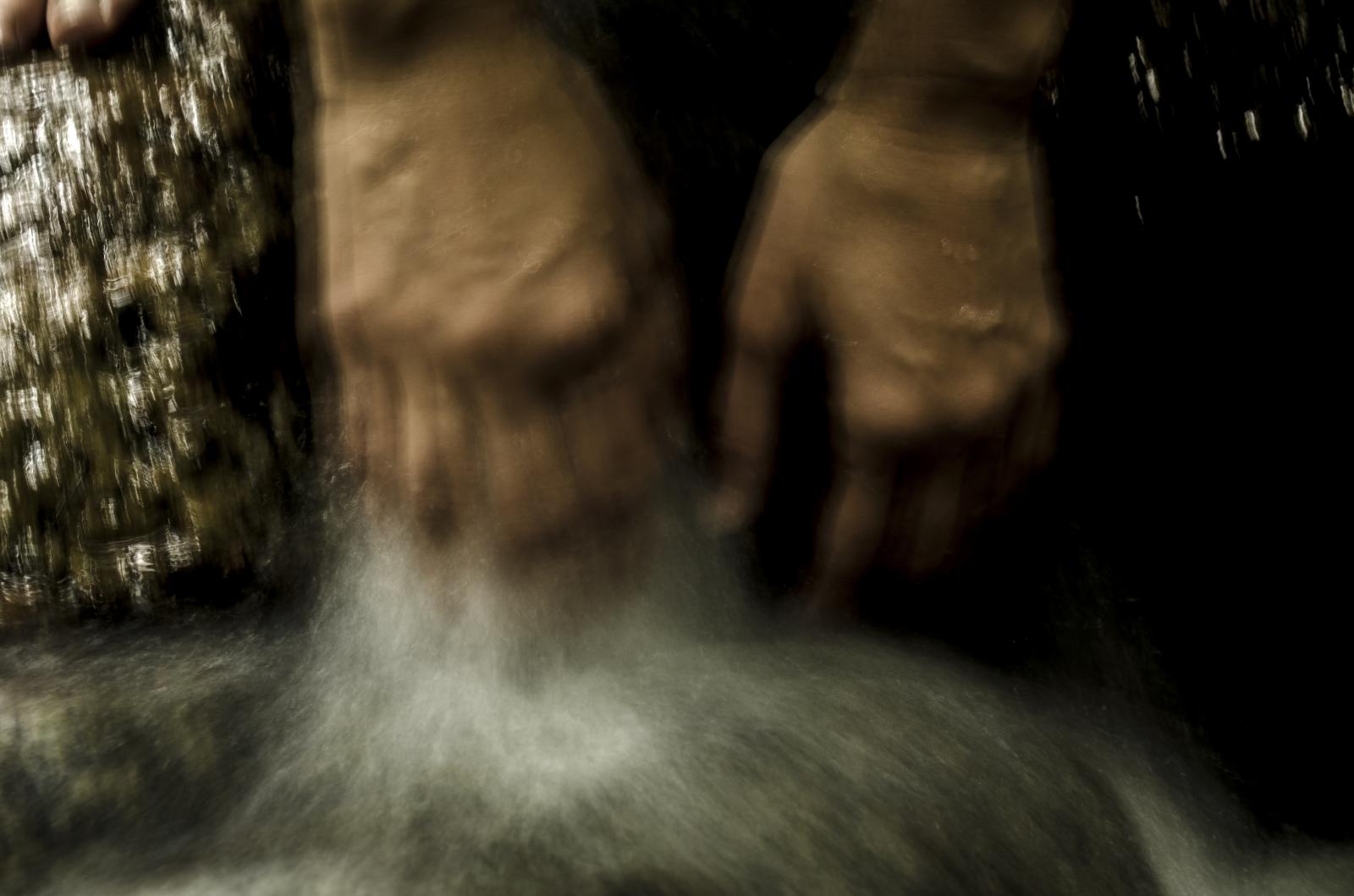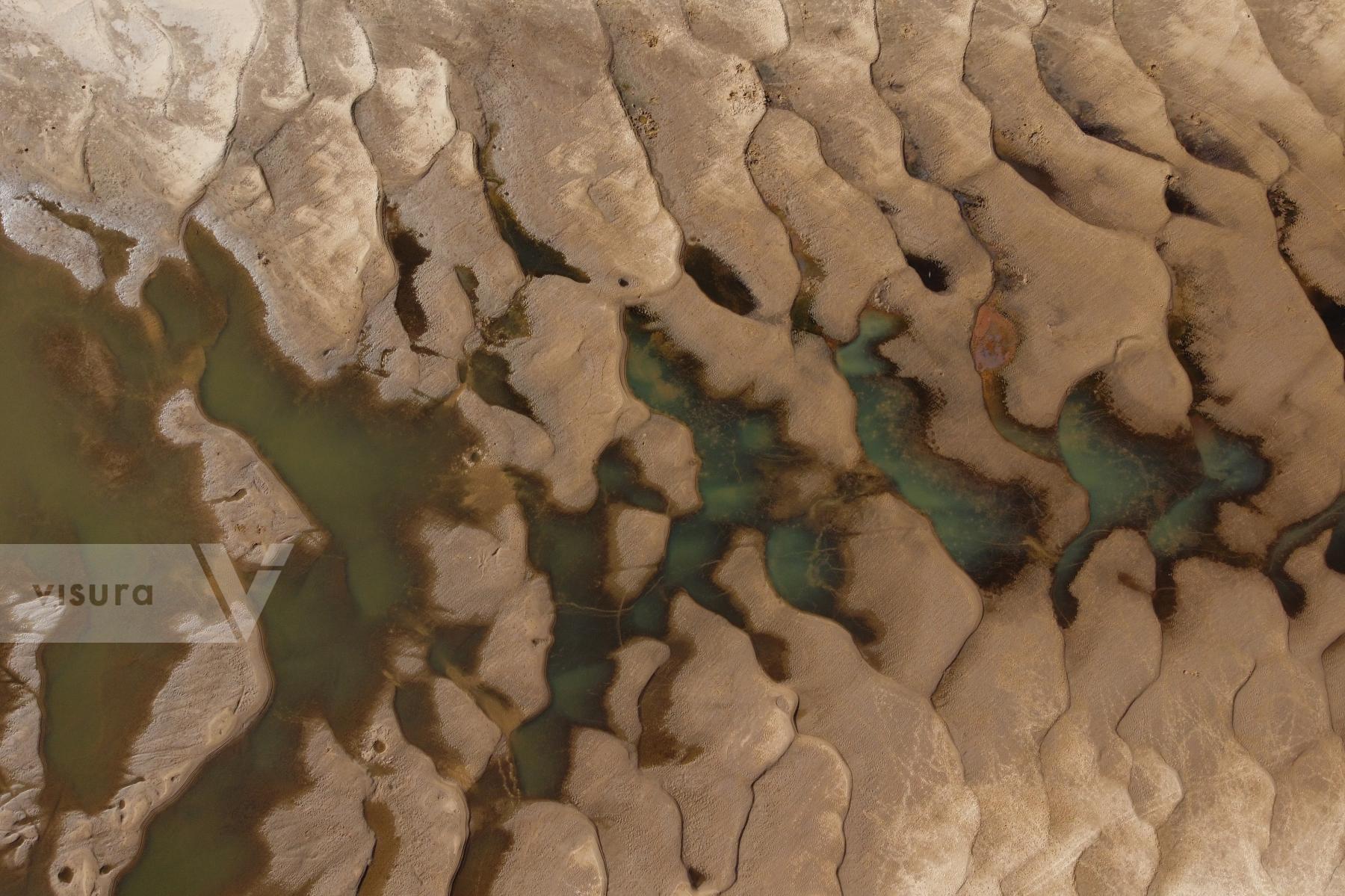
The Paraná River, being one of the largest and most abundant rivers on the planet, is going through its worst decline on record. This landscape without water is a dead landscape, it misses its soul. This unprecedented and prolonged descent of the river has caused the disappearance of lagoons, streams and other watercourses, making it difficult for communities living further inland to move in boats/canoes, making it impossible for them to access nearby cities in search of supplies or medical care. In addition, with this extreme drop in the river, a valuable and vital resource such as water is becoming scarce, further endangering the health of the entire community living in this land. Victoria Argentina
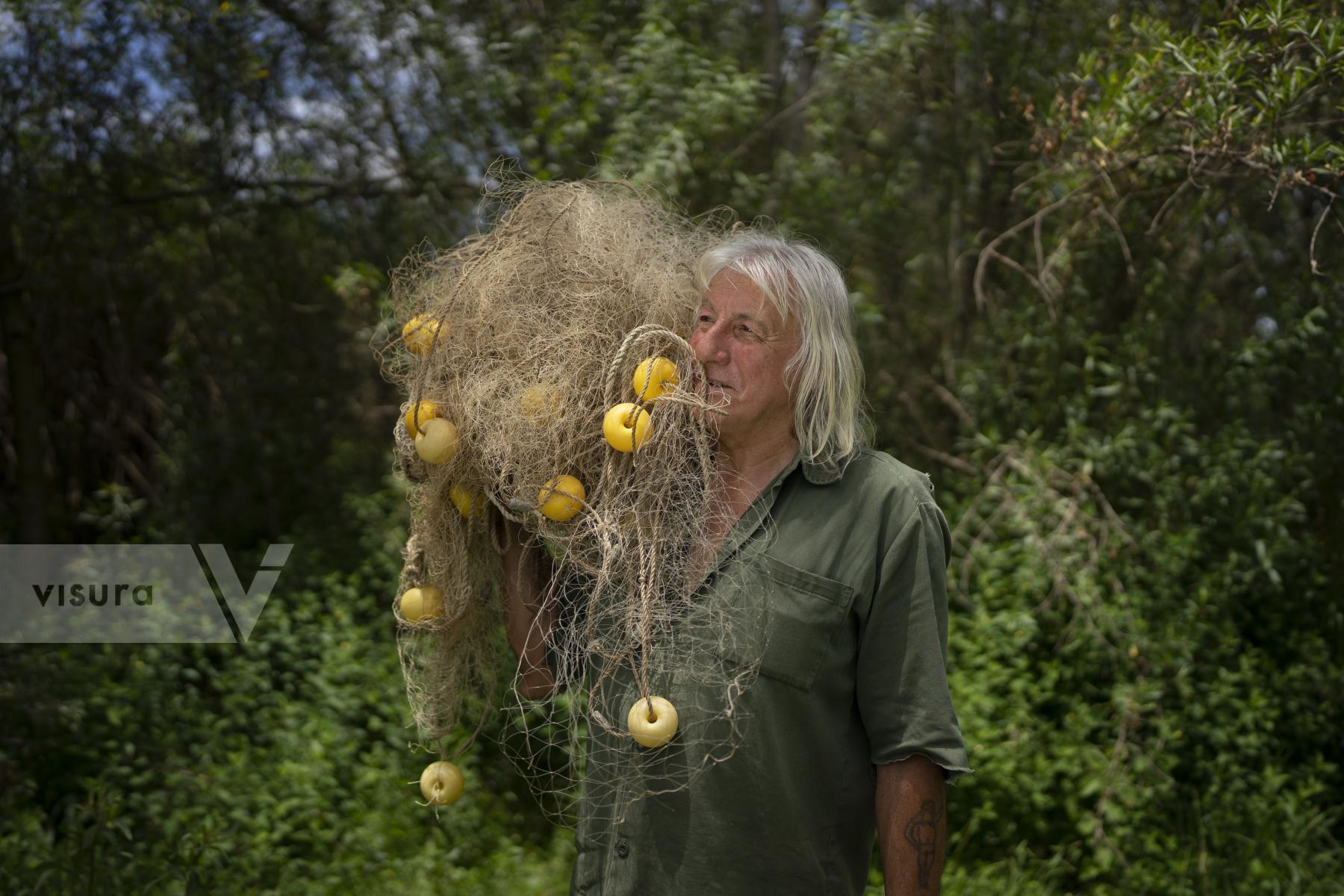
Oscar is an artisanal fisherman who lives in the community of Espinillo, in the wetlands of the Paraná River Delta. This community, near the city of Rosario, is home to 30 families who have traditionally dedicated themselves to artisanal fishing.
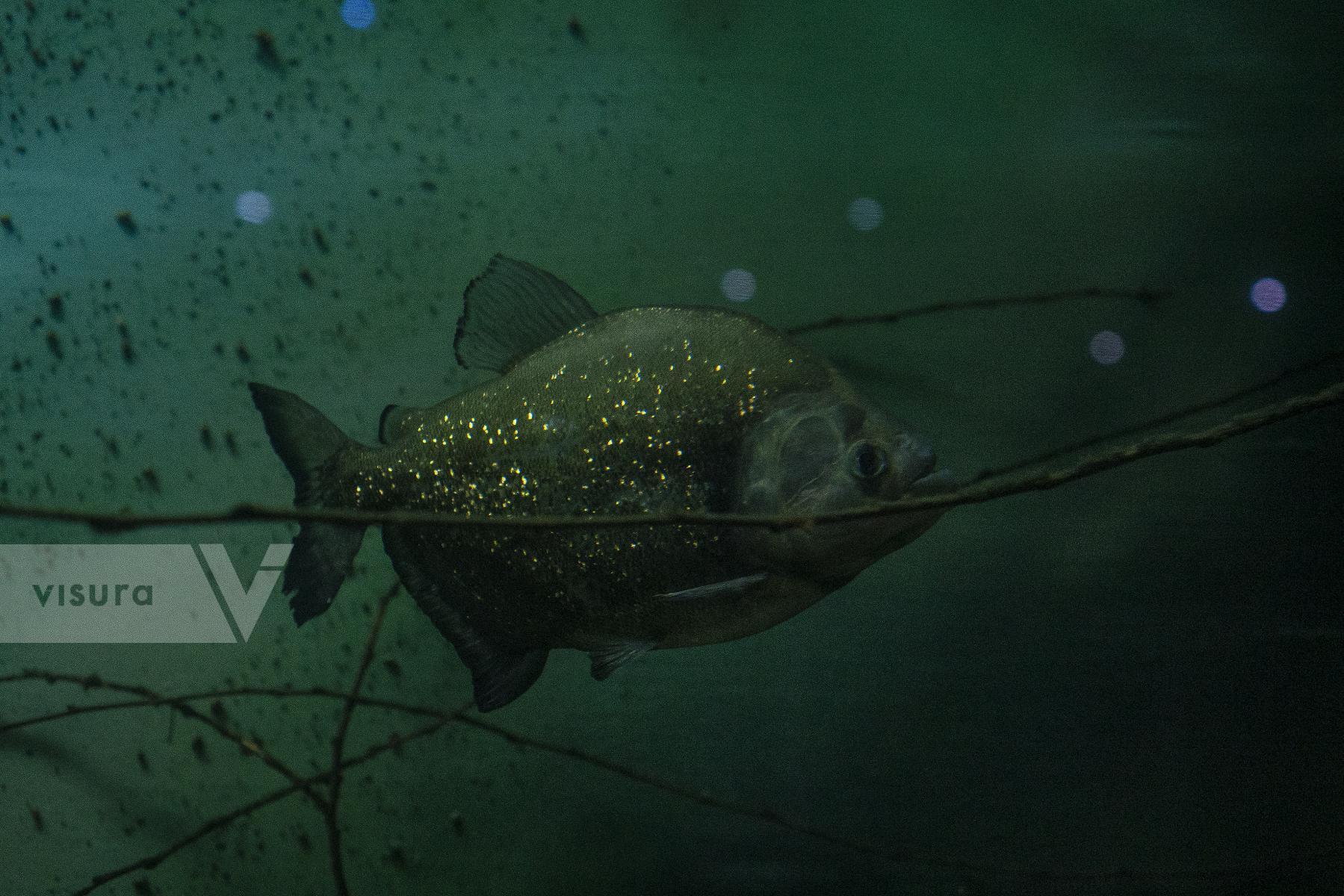
(ENG) The historical decline of the Paraná River and excessive fires are also a problem for native fauna. (ESP) El descenso histórico del río Paraná y los incendios desmedidos también son un problema para la fauna autóctona.
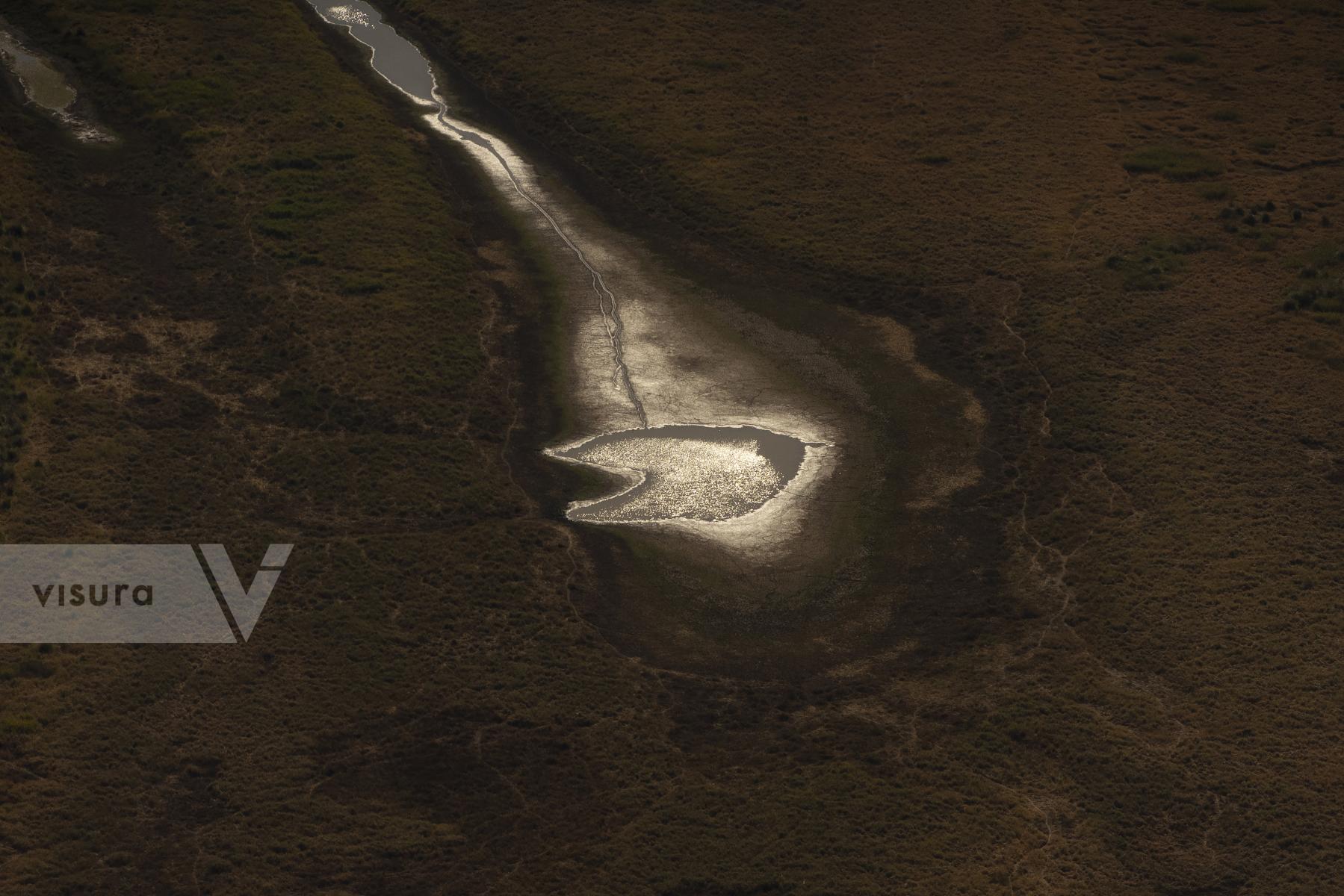
The Paraná River, being one of the most extensive and abundant rivers on the planet, is going through the worst descent in history. This has a negative impact on the fauna and flora, but also brings very serious consequences for the thousands of people who depend on the river to live. This unprecedented and prolonged descent of the river caused the disappearance of lagoons, streams and other waterways, leaving entire communities living in the river trapped and making it impossible to access cities in search of supplies and medicines.
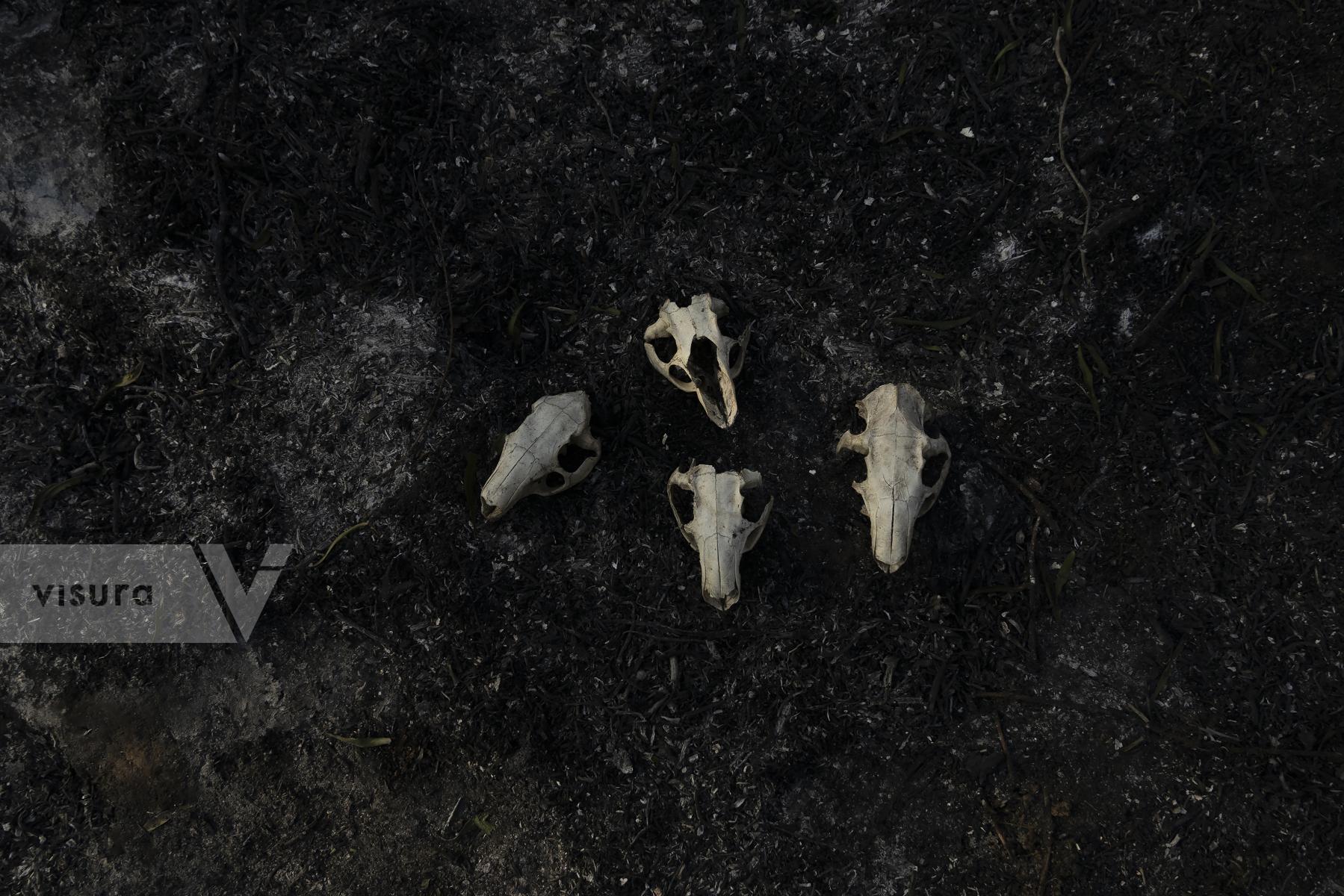
Los incendios están destruyendo uno de los ecosistemas más importantes de América Latina, los Humedales del Delta del Paraná. En sólo unos meses, el fuego destruyó más de 400.000 hectáreas, lo que equivale aproximadamente a 16 ciudades de Buenos Aires. Sin duda, esta situación deja a las familias que habitan este ecosistema en situación de vulnerabilidad, ya que respiran aire contaminado por el humo.
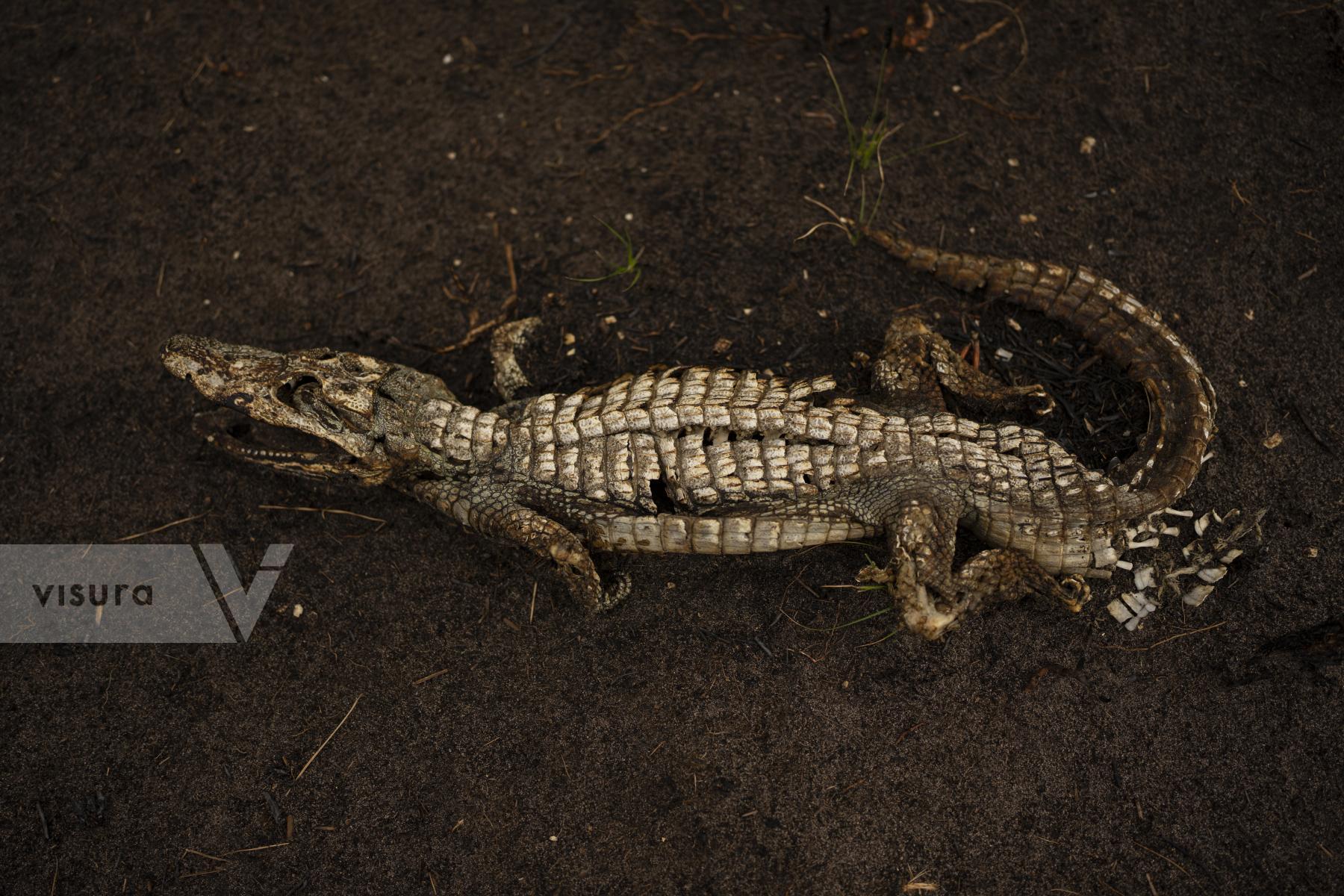
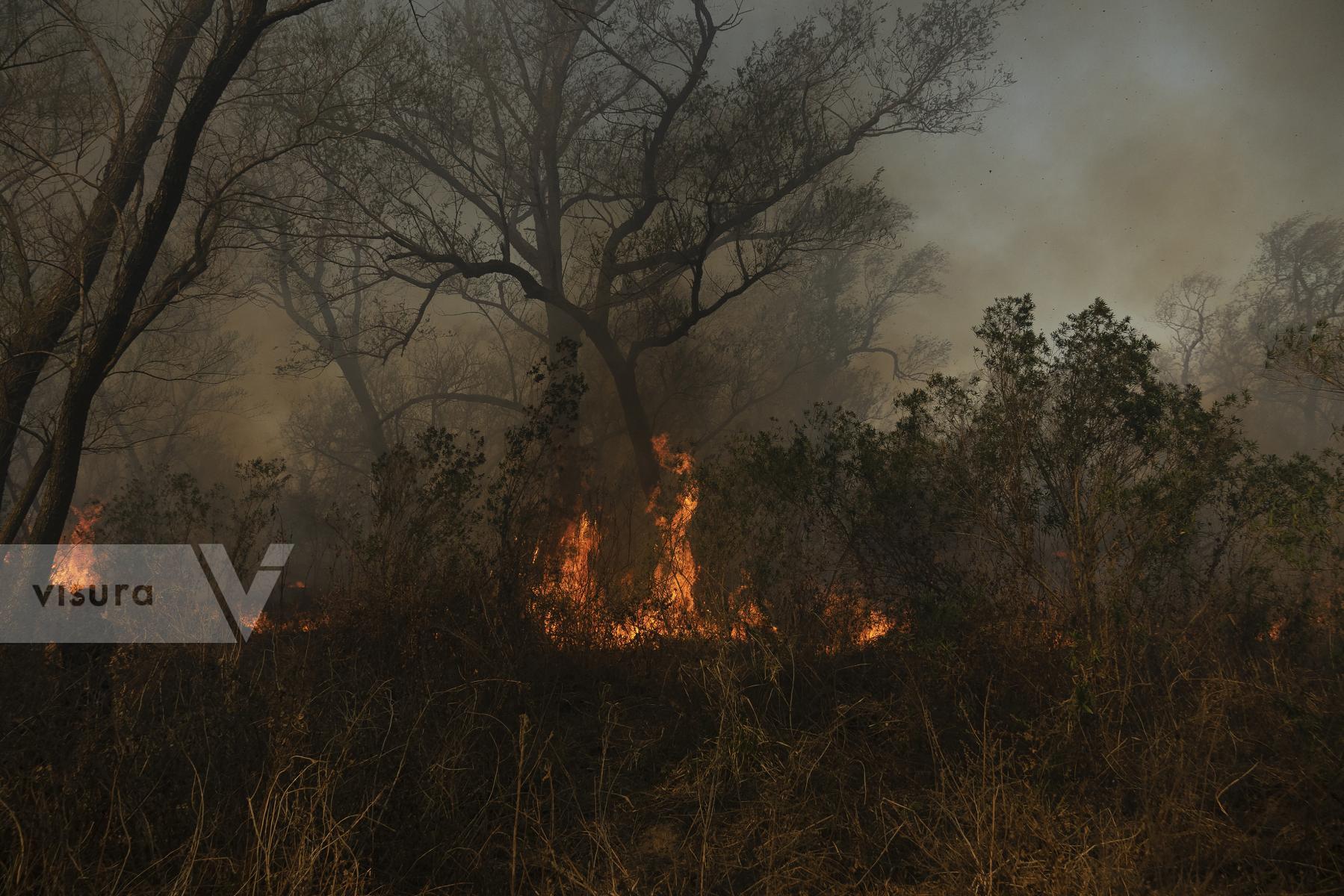
Since the beginning of the year, the entire Paraná Delta has been devastated by fire. The fires have already destroyed more than 400,000 hectares, which is approximately 16 times the area of Buenos Aires. The magnitude of the fires caused in the region leaves multiple consequences such as animal mortality and habitat loss, soil impoverishment, water and air pollution, in addition to representing a very high risk to the livelihoods of people living on the islands. Never before in history has there been so much destruction in this important ecosystem. The 40,000 heat waves that have been registered since January in the region have revealed the worst socio-environmental crisis in the area. In addition to the enormous loss of biodiversity, water contamination and soil erosion will take more than a decade to recover. In addition, the smoke that for months invaded the daily lives of the inhabitants of the riverbanks contaminated the air in a way never before recorded, further worsening the delicate health situation brought to the world by the coronavirus.
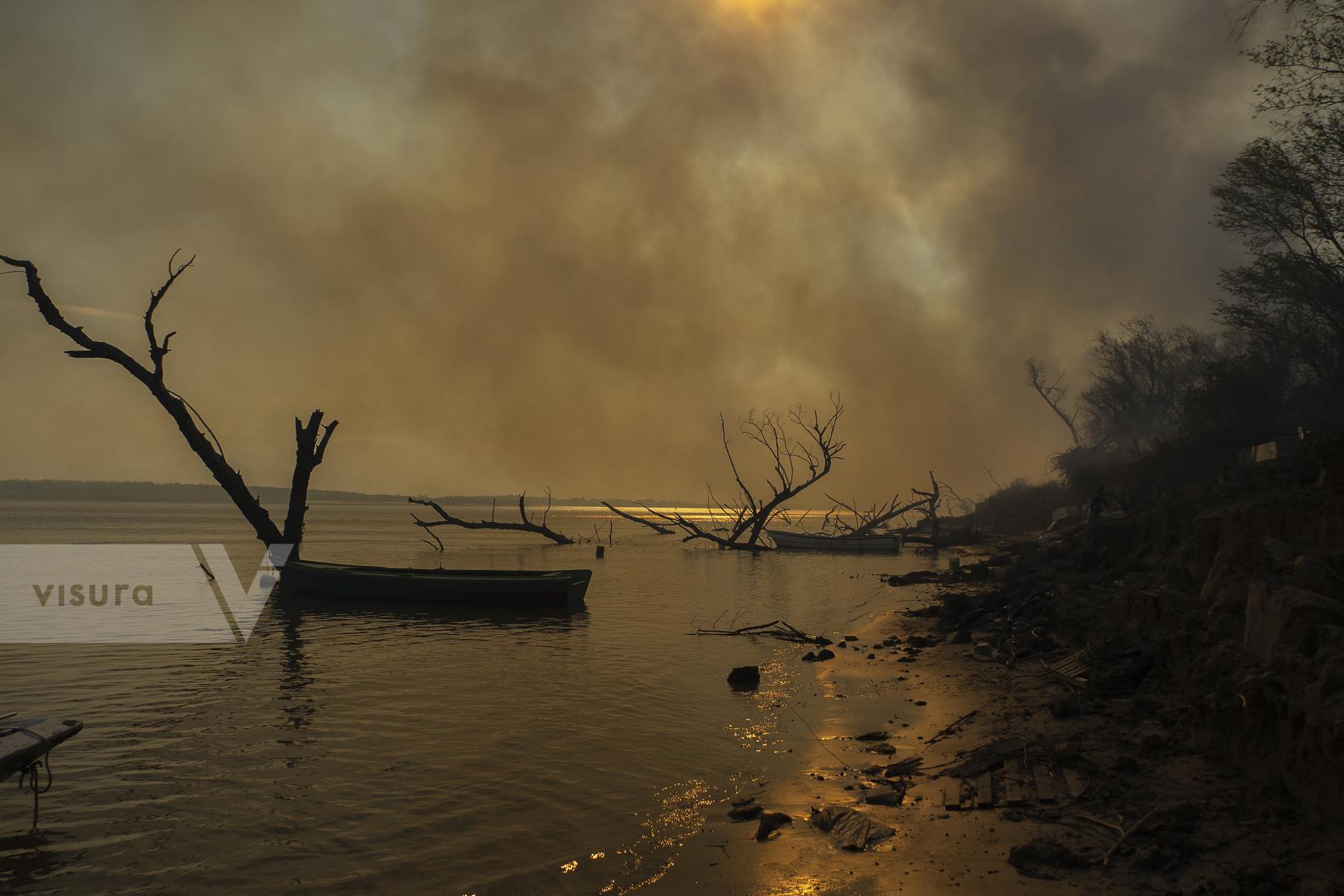
Since the beginning of the year, the entire Paraná Delta has been devastated by fire. The fires have already destroyed more than 400,000 hectares, which is approximately 16 times the area of Buenos Aires. The magnitude of the fires caused in the region leaves multiple consequences such as animal mortality and habitat loss, soil impoverishment, water and air pollution, in addition to representing a very high risk to the livelihoods of people living on the islands. Never before in history has there been so much destruction in this important ecosystem. The 40,000 heat waves that have been registered since January in the region have revealed the worst socio-environmental crisis in the area. In addition to the enormous loss of biodiversity, water contamination and soil erosion will take more than a decade to recover. In addition, the smoke that for months invaded the daily lives of the inhabitants of the riverbanks contaminated the air in a way never before recorded, further worsening the delicate health situation brought to the world by the coronavirus.

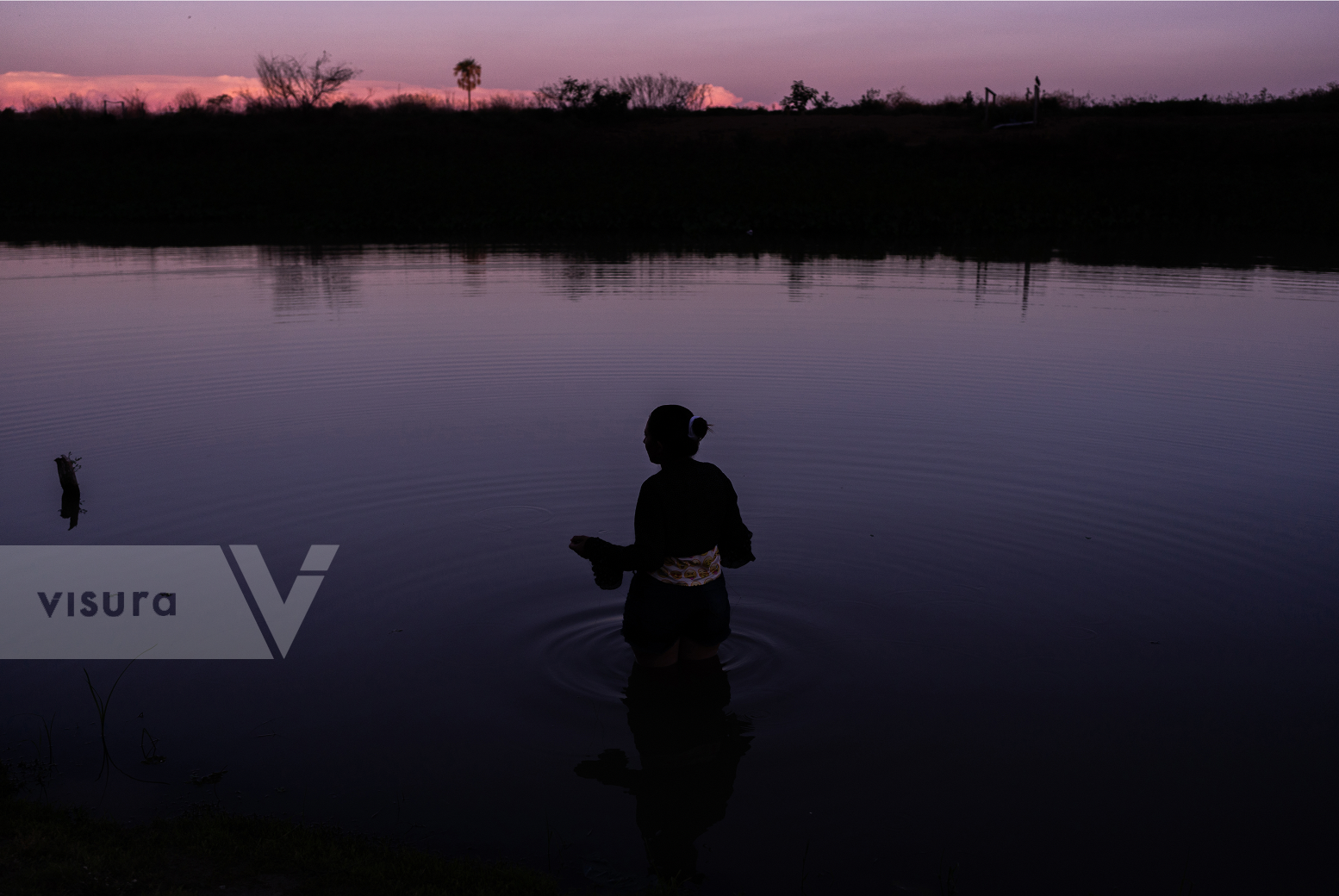
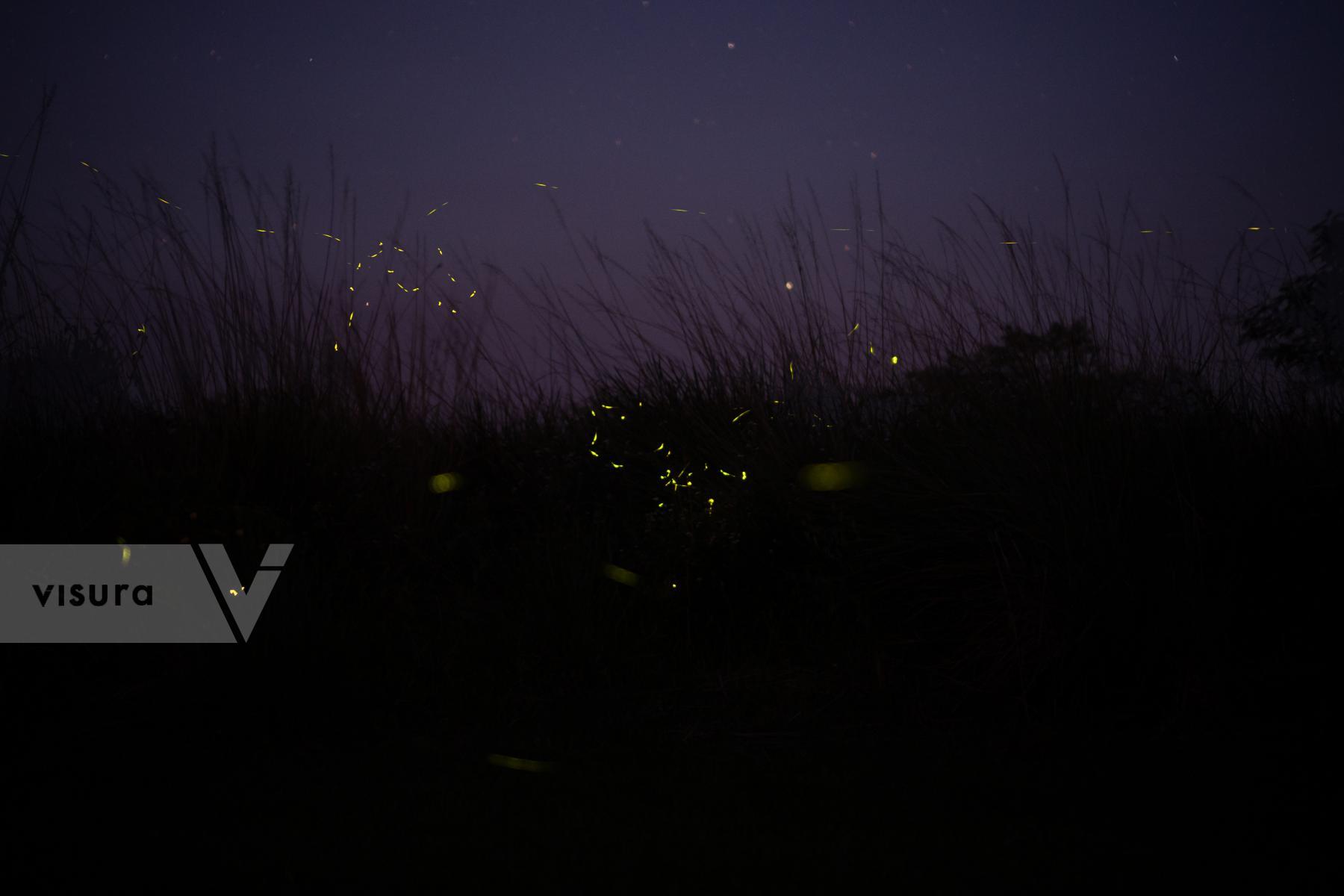
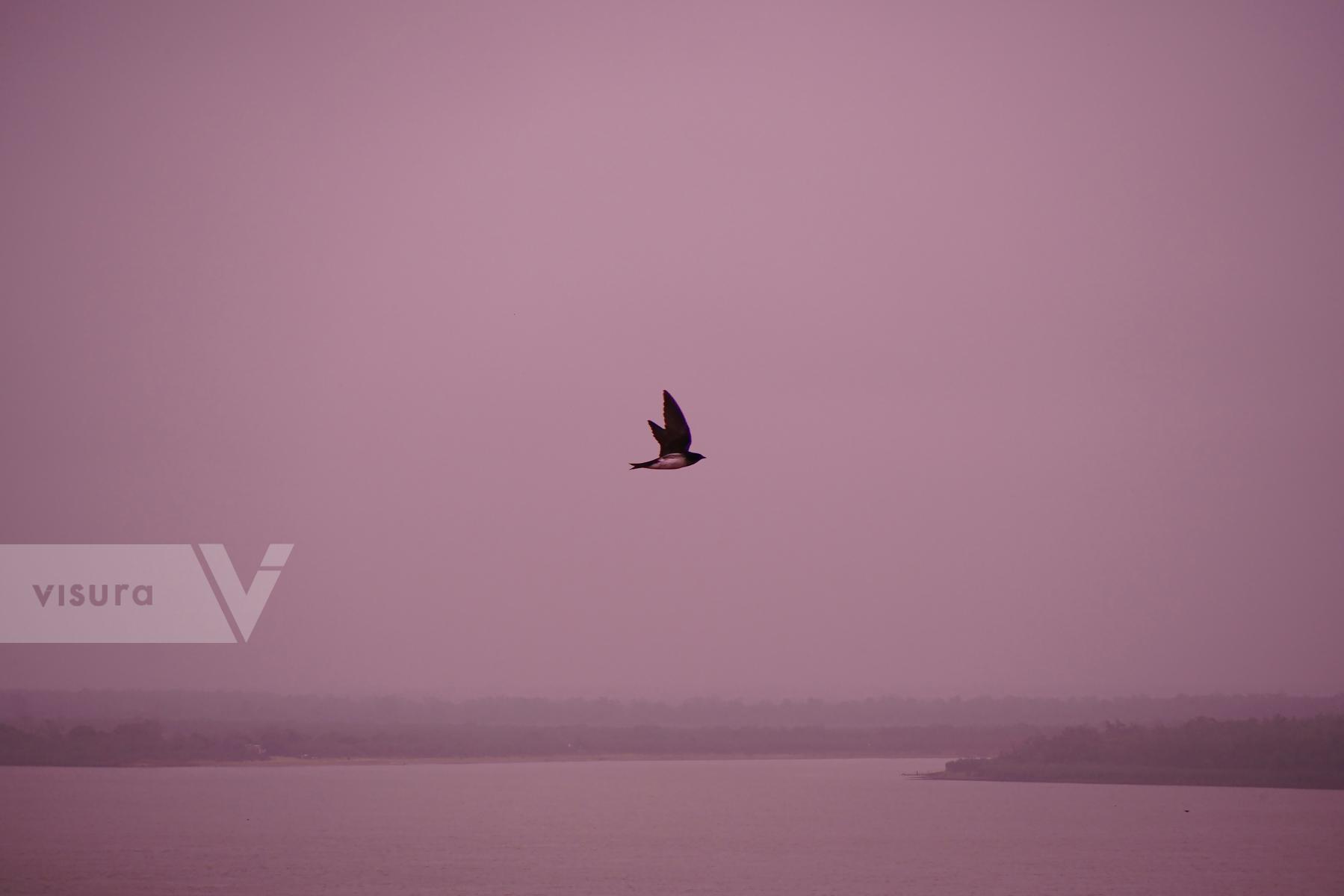
A causa de la pérdida de habitat, muchas especies de aves llegaron a las ciudades más cercanas en busca de un refugio más seguro.















